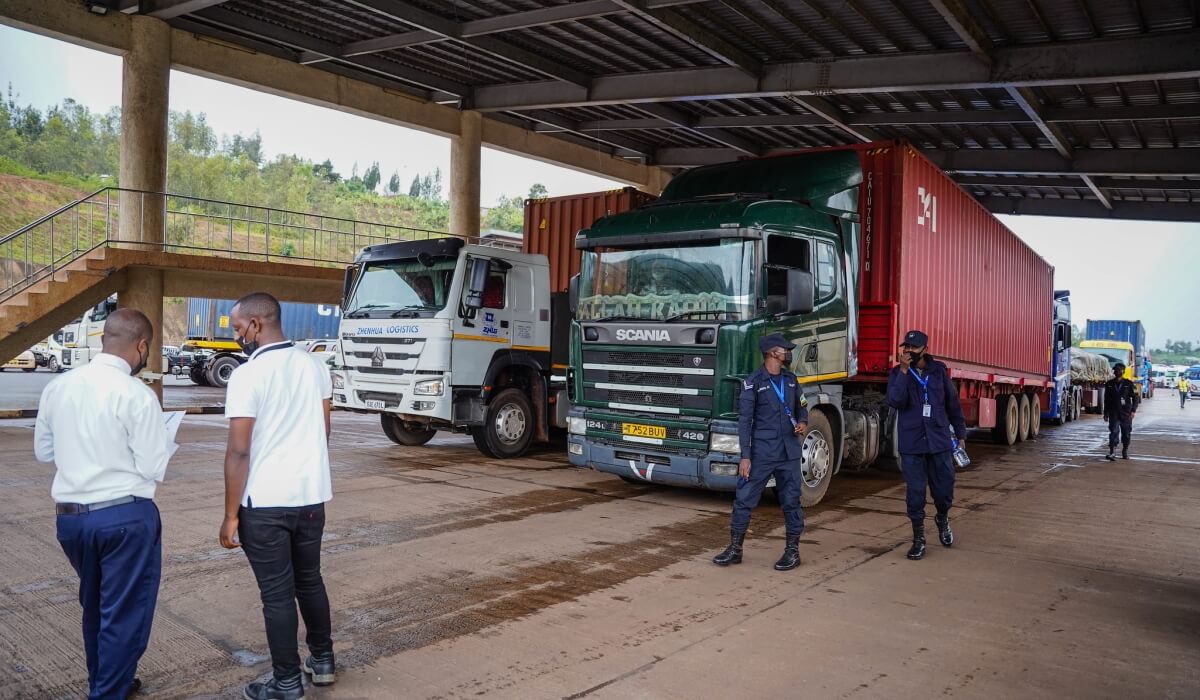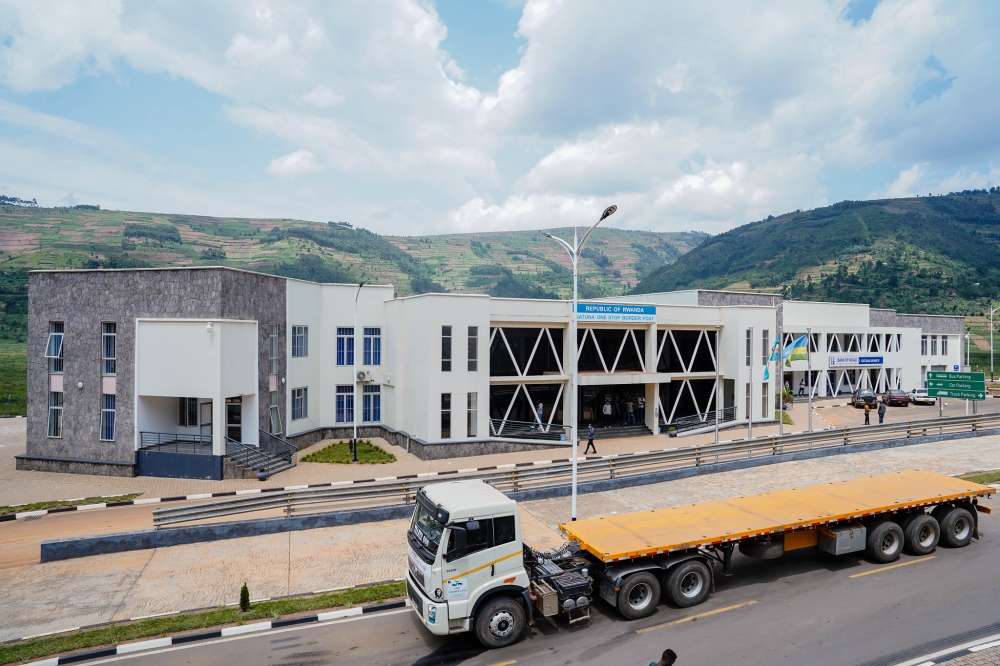
Our Projects are
Transforming African Trade
Quick Contacts
2nd Floor, Fidelity Insurance Centre Waiyaki Way, Westlands

Despite digital advances, most cross-border trade procedures in Africa remain largely paper-based and involve a multitude of stakeholders and intermediaries, significantly impacting the time and cost of trade.
To facilitate trade flows across borders, one-stop border posts (OSBPs) were introduced in various regions including in East Africa.
OSBPs are specialised border crossing points that aim to streamline and facilitate trade and movement of goods and people between neighbouring countries through consolidation of border control procedures and services in one location.
According to TradeMark Africa, the OSBPs have slashed border crossing times by an average of 70 per cent.
ALSO READ: Rwanda, DRC to build $22m One Stop Border Post in Rusizi
However, the rapid growth in economies and trade volumes is placing renewed pressure on these corridors, causing congestion and delays at border crossings.
Smart digital corridors
Smart Digital Corridors have been hailed as a long term solution to the challenges and constraints of physical infrastructure, facilitating seamless trade through intelligent and interconnected systems.
‘SMART’ is an acronym that stands for ‘Safety, Mobility, Automated, Real-time Traffic Management’ that aims to reduce cargo transportation time and cost as well as Increase safety and security of transport services across corridors.
To have these smart corridors, stakeholders say that countries must eliminate bottlenecks.
“Not everyone wants to have these smart digital corridors because people are making money and benefitting from the current system of operation,” Mukhisa Kituyi, former Secretary-General of the United Nations Conference on Trade and Development (UNCTAD) said during the recent Africa Trade Development Forum.

A view of Gatuna one stop border post in Gicumbi District.
Kituyi’s points to sentiments many experts hold, which point to complexities around challenging the current status quo of current borders to promote smart digital corridors.
“Our border posts are full of people doing small businesses like lodgings and hotels, mobile money services, food vending, among others,” said Annette Mutaawe, Deputy Secretary General of the East African Community (EAC) Secretariat, adding that dismantling the border posts to establish smart digital corridors will not come easy, as many people depend on them for their livelihoods.
ALSO READ: East Africa adopts due diligence platform for cross border trade
Mutaawe highlighted that community engagement will be key to help the people understand the importance of digitising the border processes and the potential benefits for them and for their countries.
According to experts, smart digital corridors will facilitate efficient logistics and help reduce spoilage of perishable goods.
“Smart digital corridors will ensure real time tracking of perishable shipments helping exporters to predict delays, optimise routes and respond proactively to disruptions,” Jacqueline Mkindi, Chief Executive Officer, Tanzania Horticulture Association said.
Mkindi added that improved cold chain management would help exporters maintain the quality of their products and keep to the required global market standards.
One of the major challenges affecting trade flows is the exchange of information between trade actors across borders.
Experts say the lack of an integrated framework for information exchange across borders makes visibility of goods and services on transit practically impossible.
With the smart corridors, according to TMA, systems like the Trade Logistics Information Pipeline (TLIP) will help address this challenge by developing and implementing an electronic exchange of trade information across borders, creating a transparent, efficient, and cost-effective way of managing cross-border trade information.
It is hoped that smart digital corridors will deliver the promise of seamless trade flows across the African continent, where trucks ferrying goods will traverse borders with minimal to no stops, having their passage pre-cleared and monitored by intelligent systems.
Disclaimer: The views and opinions expressed in this article are those of the authors and do not necessarily reflect the official policy or position of TradeMark Africa.